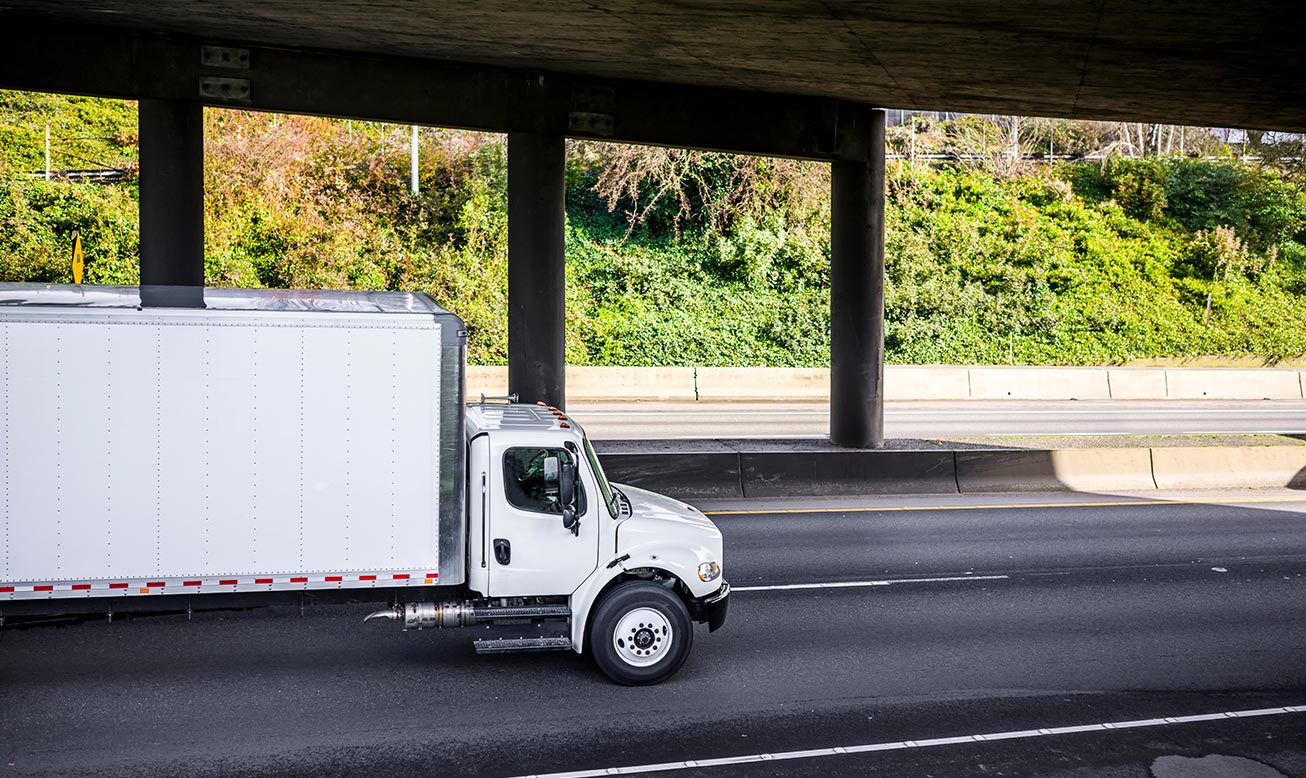September 1, 2023
Safeguarding the Flow to Prevent Supply Chain Disruptions
Supply chains are the backbone of business operations because they enable the efficient movement of goods from manufacturers to consumers. One crucial aspect of this intricate web is the last-mile delivery, particularly in business-to-business (B2B) transactions. Last-mile B2B deliveries refer to the final leg of the supply chain, where products are transported from distribution centers to the ultimate destination, whether it’s a retail store, warehouse, or even another business.
Ensuring the smooth operation of last-mile B2B deliveries is necessary for maintaining customer satisfaction, reducing costs, and preventing supply chain disruptions. These disruptions can have far-reaching consequences, affecting businesses and the economy.

The unexpected nature of a supply chain
Disruptions can originate from various factors, such as natural disasters, labor strikes, transportation breakdowns, or unforeseen spikes in demand. Any supply chain issues can lead to delays, stockouts, and dissatisfied customers. However, by focusing on last-mile B2B deliveries, businesses can proactively prevent these disruptions and maintain the steady flow of goods.
Managing supply chain disruptions
Adopting advanced tracking and visibility technologies is one key strategy to safeguard last-mile B2B deliveries. Real-time tracking systems permit businesses to monitor the movement of goods at every stage of the delivery process. It enhances transparency and quickly identifies deviations from the planned route or schedule. In the event of unexpected delays in supply chain operations, businesses can proactively communicate with customers, keeping them informed about the status of their orders. Trust is built by providing accurate and timely information, and potential dissatisfaction is mitigated.
Furthermore, leveraging data analytics can significantly contribute to preventing disruptions. By analyzing historical data, businesses can identify patterns and trends indicating potential bottlenecks or challenges in the last-mile delivery process. For instance, if certain routes are consistently experiencing congestion during specific times of the day, adjustments can be made to delivery schedules to avoid these peak periods. This assertive approach minimizes the risk of delays caused by external factors and helps maintain the efficiency of the supply chain.

The importance of a trustworthy logistics partner
Collaboration and partnerships also play a pivotal role in safeguarding the flow of last-mile B2B deliveries. Businesses can establish strong relationships with 3PL service providers, encouraging open communication and joint problem-solving.
By aligning their goals and strategies, businesses and logistics partners can work together to overcome challenges and find innovative solutions to potential disruptions. In addition, forming partnerships with local distribution centers or warehouses can soften sudden spikes in demand, ensuring that products are readily available for delivery.
At Last Mile Logistics, we have adopted advanced tracking technologies, leveraged data analytics, fostered close collaboration, and diversified delivery solutions so our partners can enhance their ability to respond to challenges and keep the efficiency of their supply chains. So please call us if you have an RFP or have any concerns.

